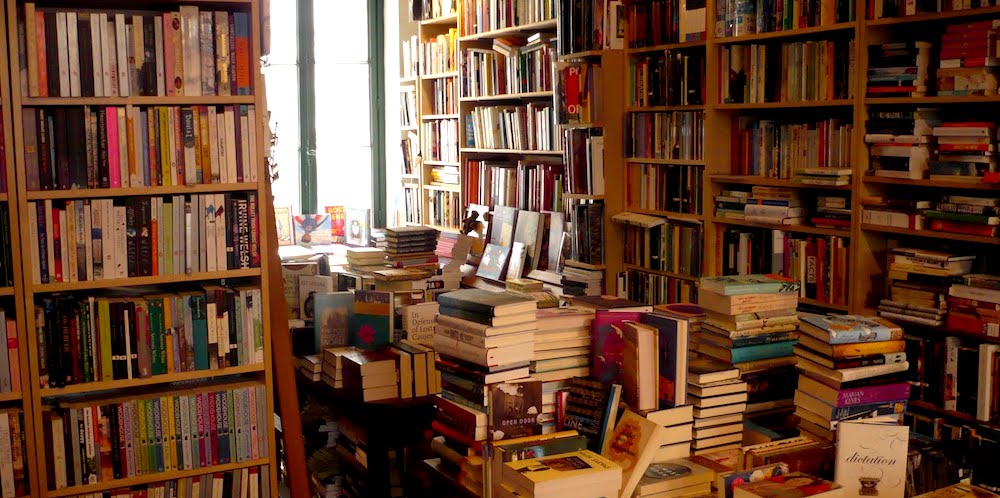
When life gets turned on its head, we face our fears and adapt the best we can. And, in our better moments, we reach out to do what we can to help others. So it is in the indie publishing industry, explain Alan Green and Claire Kirsh in Publishers Weekly.
“The new coronavirus is causing unprecedented disruption for independent publishers, but despite those challenges more than half a dozen indies said this week that they were managing to make a somewhat smooth transition to remote work,” the article explains. “Meanwhile, many were rallying in support of independent booksellers, who are often the first to champion books by indie presses.”
Spearheading some of these efforts is the Independent Publishers Caucus (IPC), which this week announced they’ve hired Anna Thorn as its new director. Thorn, a former bookseller and bookstore consultant, provided IPC’s members with a number of resources and ideas for coping and supporting others during these strange days.
Indie publishers are already implementing many of the suggestions, the article explains. Sourcebooks in Chicagoland, for example, are turning their focus away from industry events and books tours and toward “toward developing fun, creative campaigns and strategies that will support our bookseller partners through these extreme times,” said CEO and publisher Dominique Raccah.
Graywolf Press in Minneapolis is focusing on the opportunity to reach readers who are at home with more time to engage, now that author appearances are canceled through May.
“There is pressure to be creative and inventive,” said Graywolf’s Fiona McCrae, who is focusing on new ways to work with independent bookstores. “Books are read at home, but all of us in the literary world are used to using bookstores and other gathering spaces across the country for events that drive engagement and readership,” McCrae notes.
Even while books are read at home, indie bookstores are, no doubt, losing business as their customers stay home. That’s why Graywolf and other indie publishers are stepping up to donate to the Book Industry Charitable Foundation (BINC), which provides financial support to struggling indie booksellers. In just a few days, the organization secured $49,000 in donations.
While there is certainly immediate need, there is also talk of the longer-term impacts on the indie booksellers industry. There is so much uncertainty, but this much I do know: Readers will still read books, and the spirit of the indie bookstore will carry on. Until then, if you want to help consider making a donation to BINC, or reaching out to a local indie bookseller and asking what they need.
Be kind, be well and keep reading.
